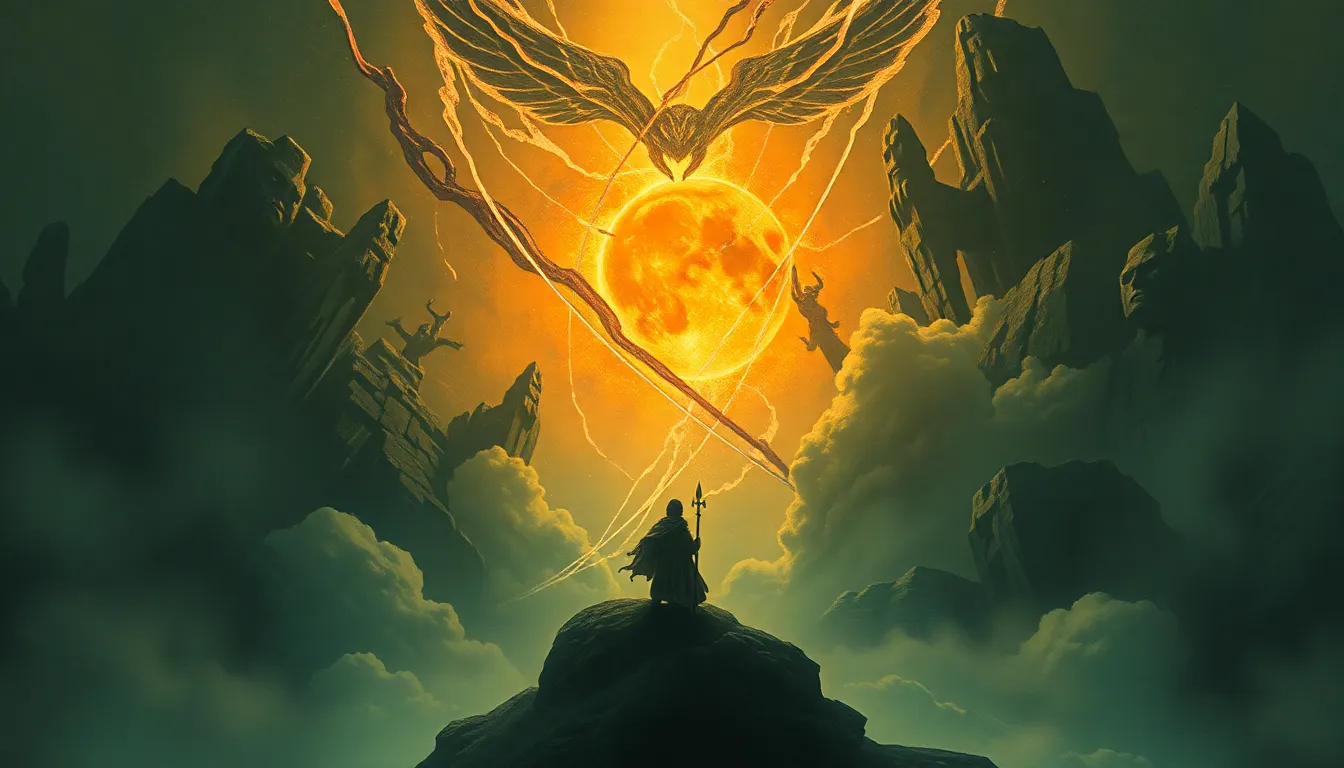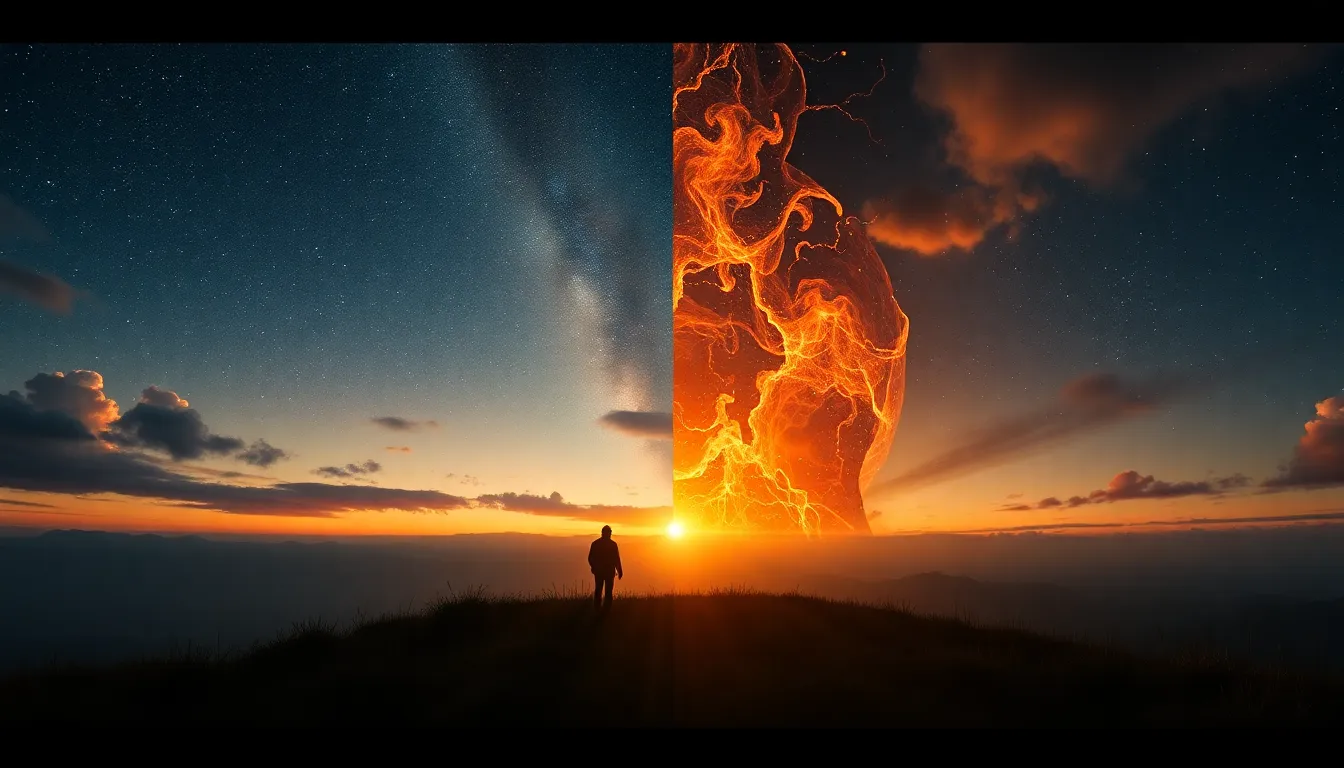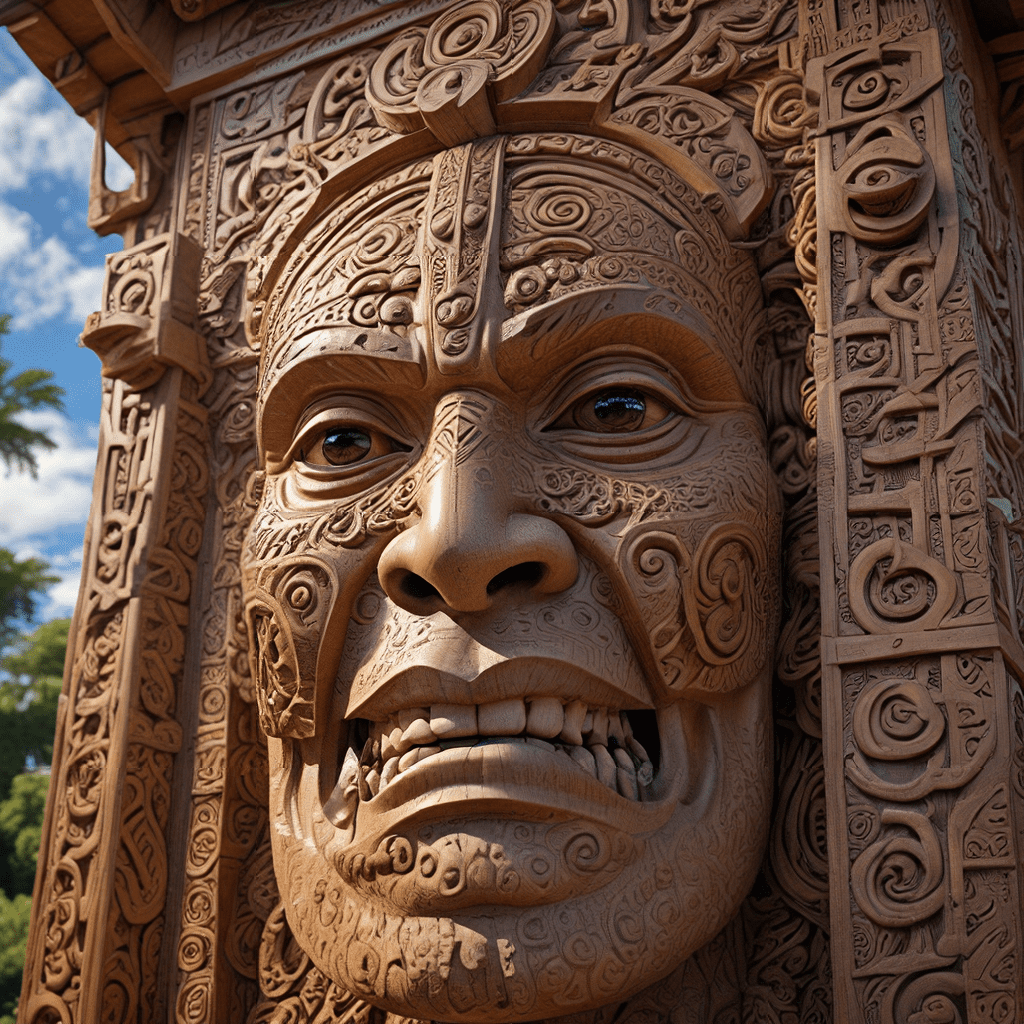The Symbolism of Fire in Finnish Mythology
Introduction
Fire has played a pivotal role in Finnish mythology, symbolizing various aspects of life, the cosmos, and the supernatural. From the primordial flames that ignited the universe to the sacred hearth at the heart of the home, fire possesses a rich and multifaceted symbolism in Finnish folklore.
Primordial Fire: The Creation of the World
In Finnish mythology, the world was born from the embers of a primordial fire. Ukko, the god of weather and sky, struck a spark with his hammer, creating a blaze that consumed the void. From the ashes emerged the earth, sea, and sky, giving birth to the cosmos. This primordial fire represented the transformative power of creation, the catalyst for the birth of all things.
Fire as a Source of Warmth and Protection
In the harsh Nordic climate, fire provided warmth and protection against the elements. It was the center of the home, where families gathered for comfort and safety. The fire guarded against evil spirits and illness, creating a sanctuary within the dwelling. The warmth of the fire also symbolized the bonds of family and community, fostering a sense of belonging.
Fire as a Symbol of Purification and Renewal
Fire possessed a purifying quality in Finnish mythology. It could cleanse individuals of impurities and restore them to a state of wholeness. Rituals involving fire were often performed to mark important life events, such as birth, marriage, and death. Fire also represented the transformative power of destruction, as it could consume the old to make way for the new.
Fire in Rituals and Ceremonies
Fire played a significant role in various Finnish rituals and ceremonies. The sacred fire of the hearth was used to invoke the gods and perform sacrifices. Fire was also used in divination practices, as its flames were believed to communicate with the spirit world. During festivals and celebrations, bonfires were lit to honor the gods, ward off evil spirits, and celebrate the changing seasons.
6. The Sacred Hearth: The Center of the Home
The hearth, where the fire burned in the center of the home, held a sacred significance in Finnish mythology. It was the focal point of family life, where meals were prepared, stories were shared, and ancestors were remembered. The fire on the hearth represented the continuity of the family line and the warmth of the community. It was also believed to be a gateway to the spirit world, where the gods and ancestors could communicate with the living.
7. Fire Spirits and Supernatural Entities
Finnish mythology is rich in tales of fire spirits and supernatural entities associated with fire. Tulikettu, a fox-like creature of fire, was said to protect homes from evil spirits. Hiisi, the god of the underworld, was often depicted with a fiery appearance. Fire elementals, known as Tulihaltijat, were believed to dwell in forests and mountains, possessing the power to control and manipulate fire at will.
8. Fire in Folktales and Legends
Fire features prominently in Finnish folktales and legends. In the epic poem "Kalevala," Väinämöinen, the wise old sage, uses fire to forge the magical Sampo, a symbol of prosperity and abundance. The story of the Firebird, a mythical creature with feathers of gold and fire, represents the transformative power of fire and its ability to bring hope and renewal.
9. The Transformative Power of Fire
Fire possesses a transformative power in Finnish mythology. It can consume and destroy, yet it can also purify and renew. This duality represents the cyclical nature of life and the balance between creation and destruction. Fire can bring about change and rebirth, leading to both personal growth and societal transformation.
10. Conclusion
Fire holds a profound and multifaceted symbolism in Finnish mythology. From its primordial origins to its presence in rituals, ceremonies, and folktales, fire represents the transformative power of creation, the source of warmth and protection, the symbol of purification and renewal, and the gateway to the spirit world. Its enduring significance testifies to the deep connection between the Finnish people and the element of fire, which continues to inspire and shape their culture to this day.
FAQs
Q: What is the most significant aspect of fire in Finnish mythology?
A: Fire represents the transformative power of creation, the source of warmth and protection, the symbol of purification and renewal, and the gateway to the spirit world.
Q: How was the world created in Finnish mythology?
A: The world was born from the embers of a primordial fire struck by Ukko, the god of weather and sky.
Q: What is the significance of the sacred hearth in Finnish homes?
A: The sacred hearth is the focal point of family life, representing the continuity of the family line and the warmth of the community.
Q: Name a fire spirit in Finnish mythology.
A: Tulikettu, a fox-like creature of fire, protects homes from evil spirits.
Q: What is the significance of fire in the epic poem "Kalevala"?
A: Väinämöinen uses fire to forge the magical Sampo, a symbol of prosperity and abundance.



